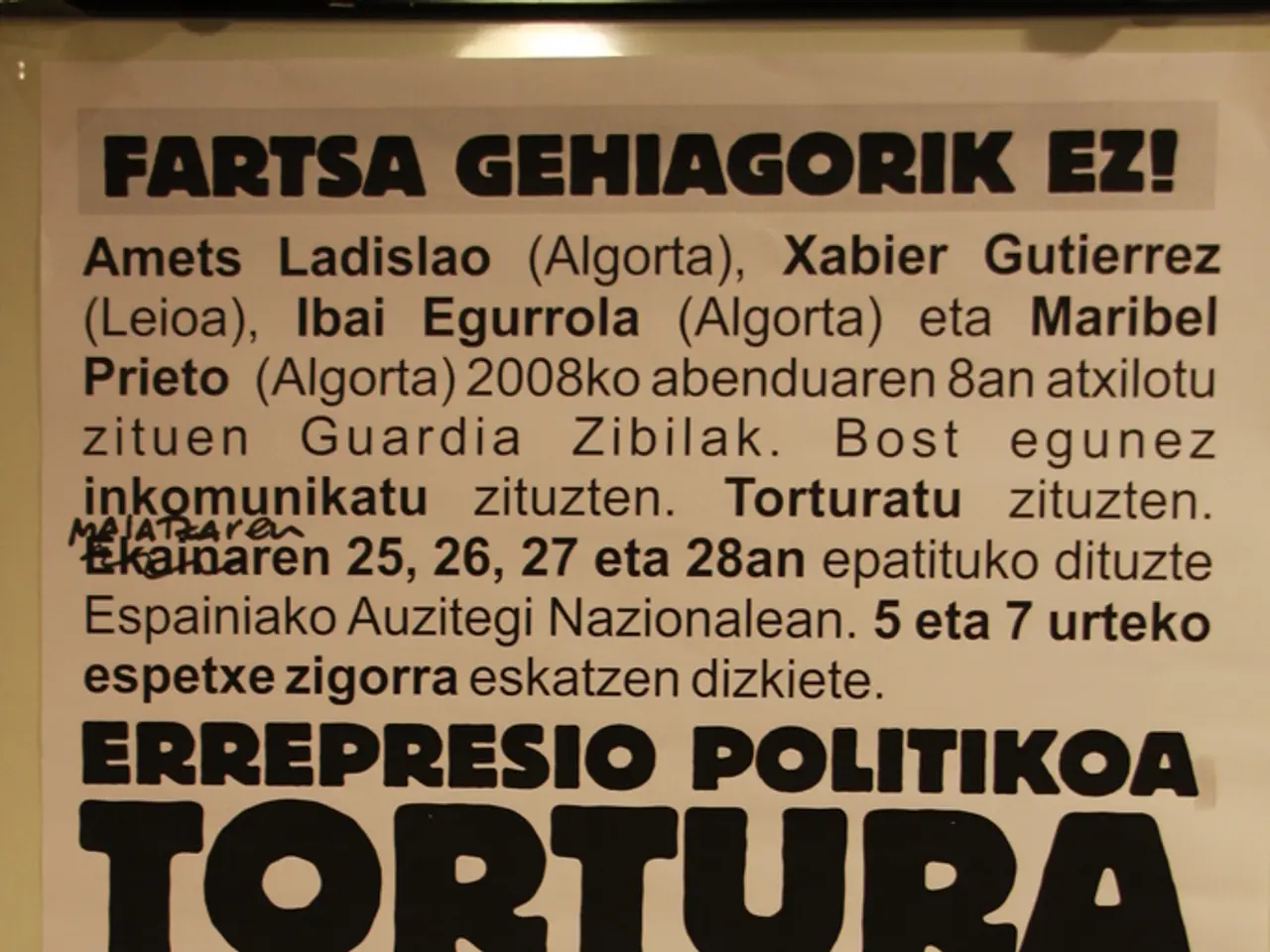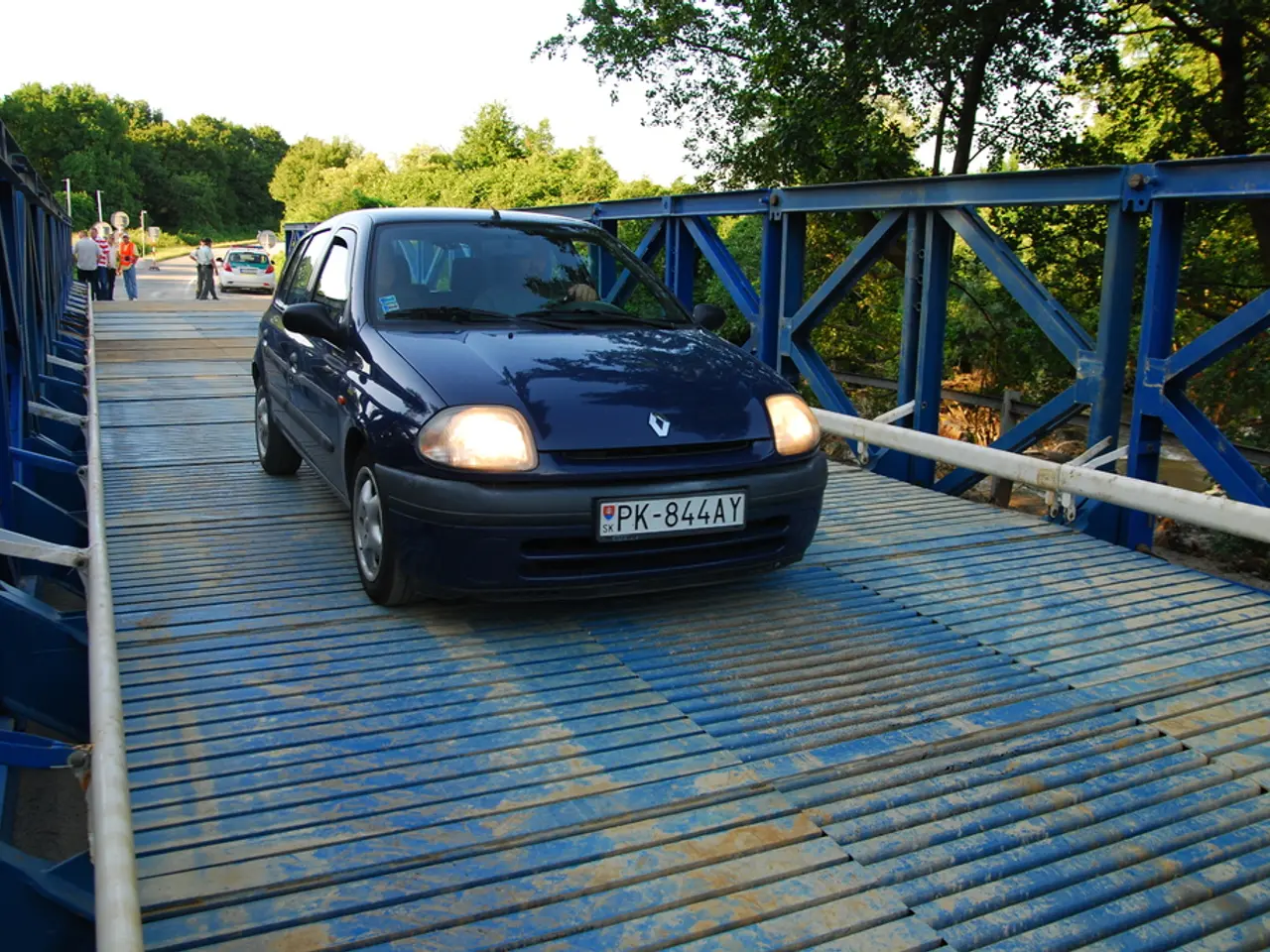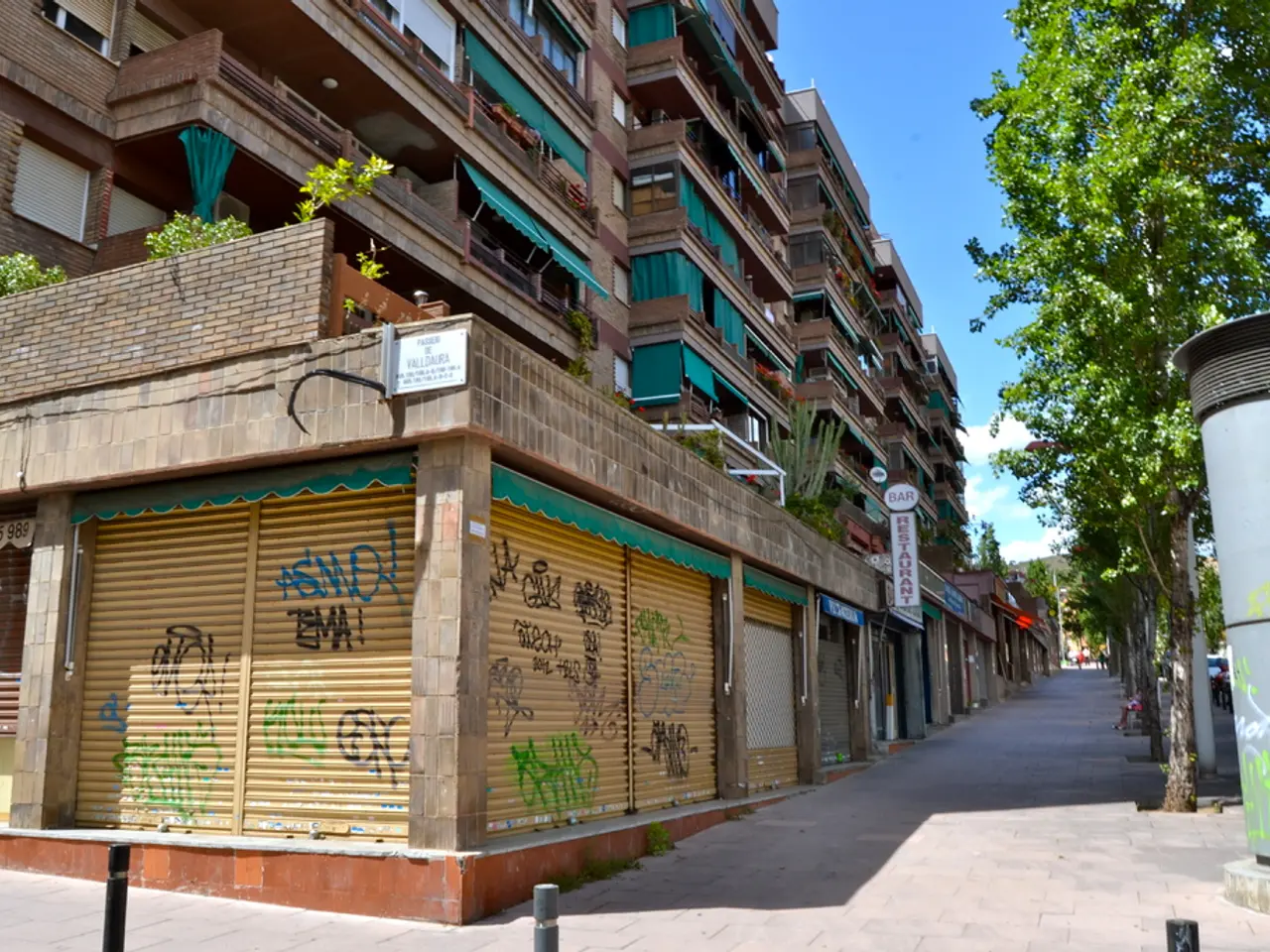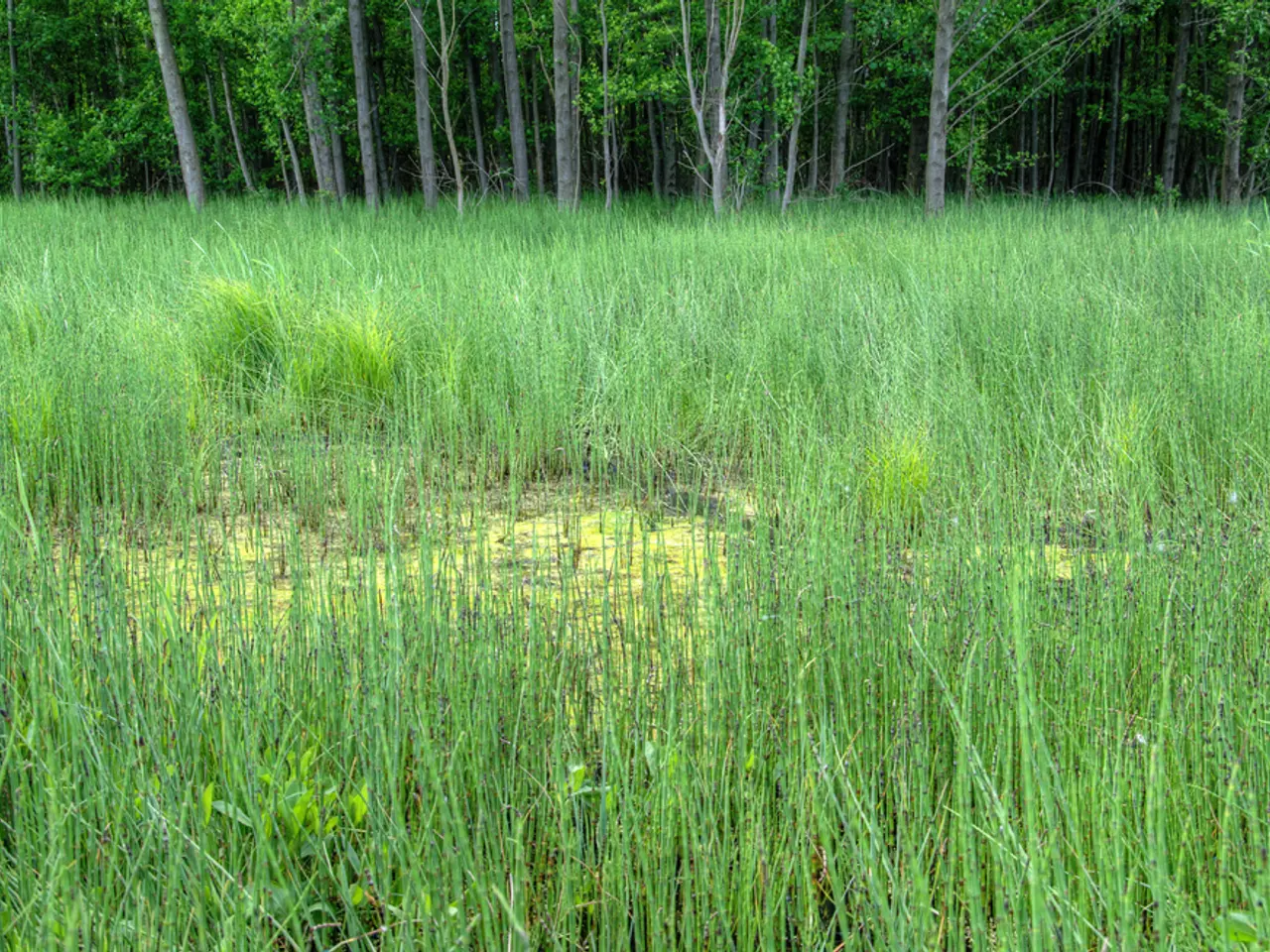Name changes in Malaga Province: Villagers rebrand their settlement.
The Democratic Memory Law, a comprehensive initiative aimed at addressing the legacy of the Spanish Civil War and the subsequent Franco dictatorship, is currently being implemented across Spain. This law seeks to provide justice, truth, and reparations for victims and their descendants, including enabling eligibility for Spanish nationality for descendants of exiled Spaniards.
One important aspect of the law is its effort to remove Francoist symbols from public spaces, including the renaming of villages and streets that bear names linked to the dictatorship.
In line with these regulations, the village of Alhaurín el Grande in Andalucía has officially renamed "Villafranco del Guadalhorce" to "Villa del Guadalhorce." This change is part of a broader symbolic and cultural reckoning with Spain’s authoritarian past. Similar name changes have been taking place across Spain as part of ongoing efforts by municipalities to adapt public spaces to constitutional and democratic principles, as required in law.
Villages like Villafranco del Guadalhorce (in other regions), Villafranco del Guadiana (Badajoz), and Llanos del Caudillo (Ciudad Real) are undergoing name changes to align with democratic values enshrined in the Spanish Constitution. The administrative process for final validation of these name changes by relevant authorities is now underway.
Once legal formalities are completed, the new names will be updated in official records. This means that town names, street signs, and other public designations will reflect democratic values and historical truth, rather than glorifying the Franco regime.
However, some observations have been made about the motivations behind these name changes. Some suggest that property prices might influence the renaming of public spaces more than historic memory. For instance, it is confusing to find a Chinese restaurant in Mijas Costa named "Mao" while places are being renamed to remove references to the Franco regime.
Others argue that the Democratic Memory Law might be more about forgetting history than democratically remembering it. As philosopher George Santayana famously said, "Those who cannot remember the past are condemned to repeat it." These are complex issues that require ongoing dialogue and understanding as Spain continues to grapple with its authoritarian past.
In conclusion, the Democratic Memory Law in Spain both facilitates the restoration of nationality rights to descendants of victims of Francoist repression and imposes a mandate to remove Francoist dictatorship references in public spaces. This is a significant step towards reconciling Spain with its democratic values and historical truth.
The name changes involving places like Villafranco del Guadalhorce (in other regions), Villafranco del Guadiana (Badajoz), and Llanos del Caudillo (Ciudad Real) are part of a widespread effort to adhere to democratic values enshrined in Spanish Constitution, as guided by the Democratic Memory Law. Meanwhile, the suggestion that property prices might influence the renaming of public spaces, such as the Chinese restaurant in Mijas Costa named "Mao", raises questions about the motivations behind these changes, leading to debates on the role of the Democratic Memory Law in democratically remembering versus forgetting Spain's history.








